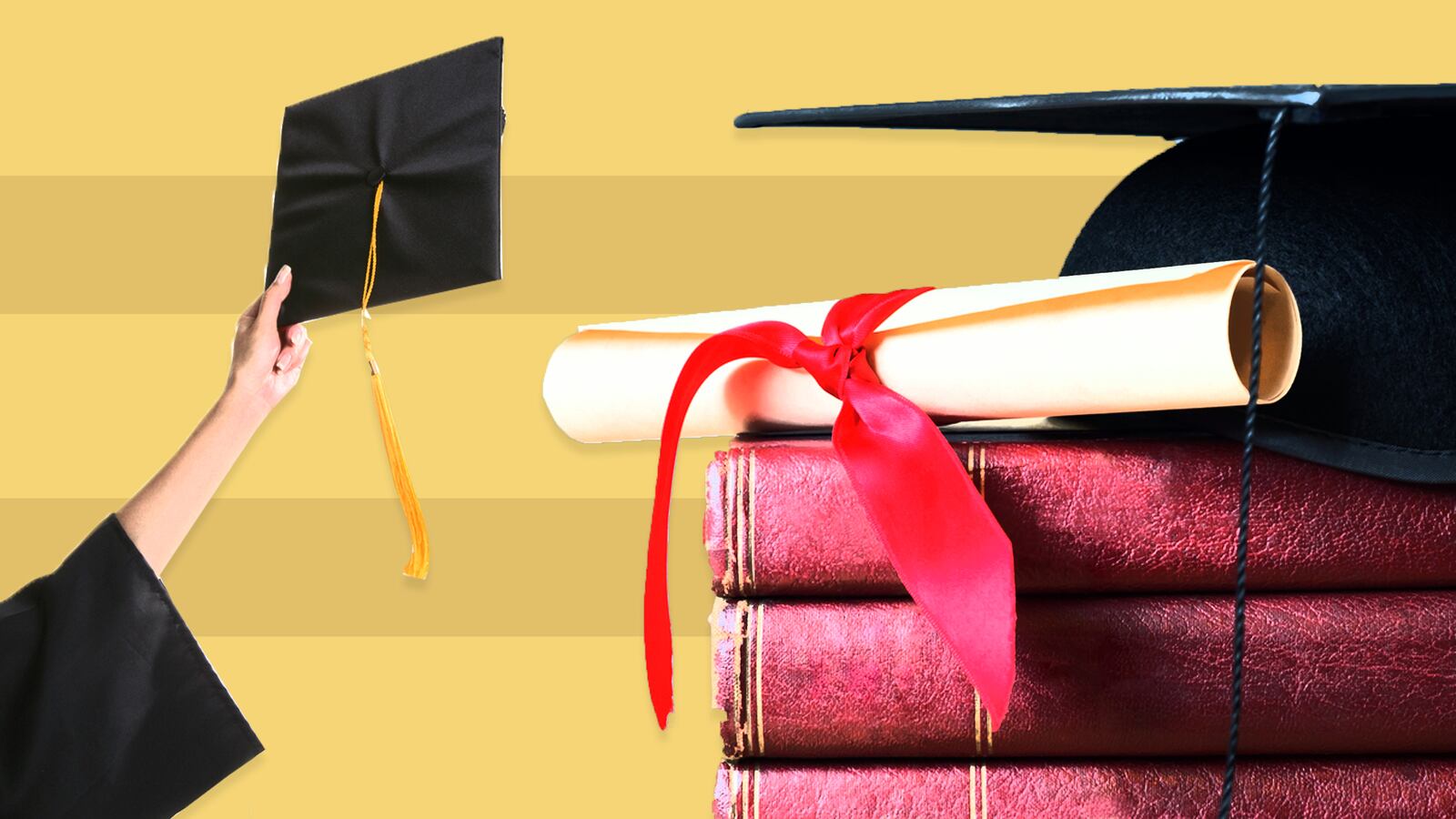Higher education, we’re told, is in crisis. Public confidence in the service we provide has collapsed amid doubts about a return on the investment and as states slash support for public universities.
The liberal arts have become the poster child for the core question: Is a college education still worth the time, effort and cost? It’s a question that points to a near-hysteria about the value of our culture, and learning about it.
In place of more jeremiads, we inside the academy need to focus on why this crisis — clearly tied to larger shifts in the American economy — is happening now. Here history is illustrative. The economy has always been in flux, but large scale economic regime change has been rare. We see institutional crises when the economy moved from agriculture to manufacturing, and again from manufacturing to service — each resulting in a reexamination of the social contract and the role of institutions and the state itself. At each stage higher education needed to adapt, and it did.
Today we are witnessing a shift from a service economy to what I would call a gig economy, one predicated on a spirit of entrepreneurism and with a shift in economic risk from institutions to individuals. The central characteristic is the hustle, the relentless treadmill of searching and grabbing one opportunity to the next — at least for the lucky. Tied to this shift is the evolution of capitalism from a neoliberalism that defined the last 25-years, to, well …. to something that is not yet apparent. Higher education will have to adapt, and — as it’s already started to do — this provides an opportunity for the liberal arts.
Many pundits and much of the public seem to think, as one recent oped put it, that higher ed needs to “be run less like a charity” and “borrow some of the best performance-driven practices from Wall Street and Silicon Valley.” Most faculty members bemoan that idea, and they’re right.
To see universities as businesses, unique businesses maybe, misses just how important these institutions are. Yes, we operate as large, complex institutions and therefore need to adhere to management principles. But, students aren’t consumers and we aren’t selling them widgets. Education isn’t quite production. It is a process that is timeless, and at its core human. It involves interaction, stretching limits, exploring the new, and sometimes failure.
Our newly emerging, flexible and fluid economy requires education, and not just technical or vocational education, but deep, meaningful education that will last and become the tool kit necessary for Americans to adapt to the shifts and turns of an ever increasing and evolving economy. Simply put, the liberal arts are at the vital center for this next stage of economic life. We must be absolutely clear, there is no substitute. The need for perspective, knowledge and wisdom about this world of ours is nothing new, but perhaps it has never been more urgent.
Professional degrees that lack the depth and liberal arts focus are merely vocational. All college students need to be exposed to large doses of the arts and sciences. It is here that they will better understand the world their will inherit, where it came from and hone the skills necessary to become life-long learners. The vocational skills they learn now will be quickly outmoded, if not outsourced, so if they do not have the wherewithal to continually learn and growth they will flounder.
The arts and sciences matter, full stop. And that is precisely why we need to stop talking about the glory days of the arts and sciences. Most academics under the age of 50 and not teaching at a handful of elite institutions have never seen them and the energy used to excavate them is better spent on other pursuits. It isn’t that current students don’t respect the arts and sciences, it’s that they don’t see how they connect to their practical and real economic concerns.
We need to stop talking about the arts and sciences the way some people talk about kale or spinach: something that’s good for you — versatile, sustainable, and nutritious — if you can just make yourself order it instead of something tastier. The liberal arts is the cake. A delicious, tasty, joyous cake. We need to let people know that, and to do that we need to embrace marketing, branding, positioning, and recruiting.
The reason the professional schools have eaten our lunch is to a degree we have let them. We have not developed a meaningful narrative about our importance that speaks to current college-age students and their parents. We need to encapsulate what we do and how we do it, developing a narrative that speaks to the true power of the liberal arts in the new economy.
As the economy becomes ever more gig based and graduates will likely have many jobs and careers over their working lives, students whose education has included the humanities, social and behavioral sciences, the arts and the bench sciences will be best equipped to not just survive but thrive. They will process the ability to make connections, scan environments, develop an understanding of the zeitgeist and above all ride the economic waves.
So a a new group of students are making final choices about what college to attend, and what major to choose, let’s make sure we share that message with them. They need to know that technical skills—vocational skills—will be automated and outsourced. Our disciplines and colleges of arts and sciences offer lasting value and the tools students will need, in college and afterward. Our hope for a better tomorrow depends on getting that message across.





